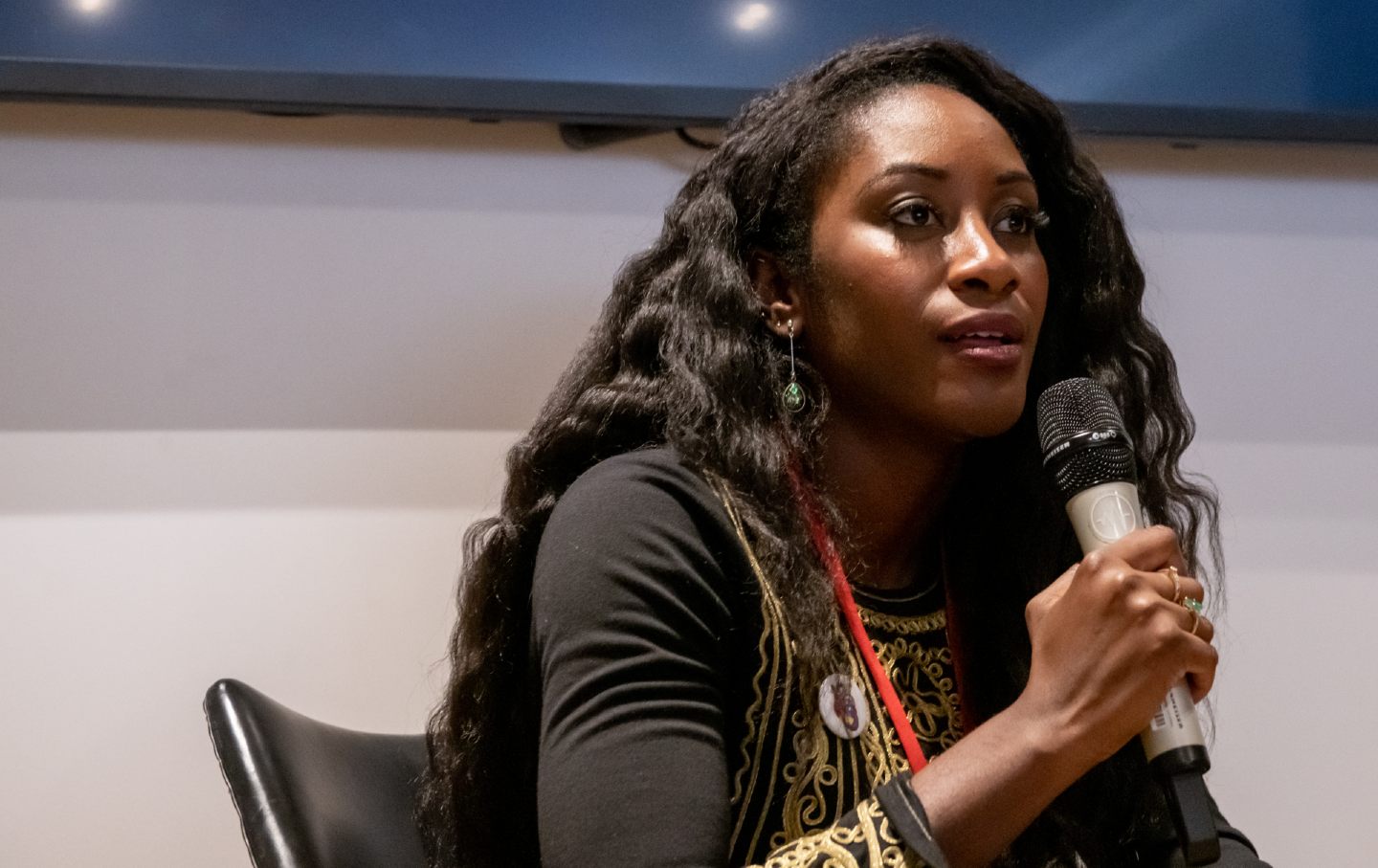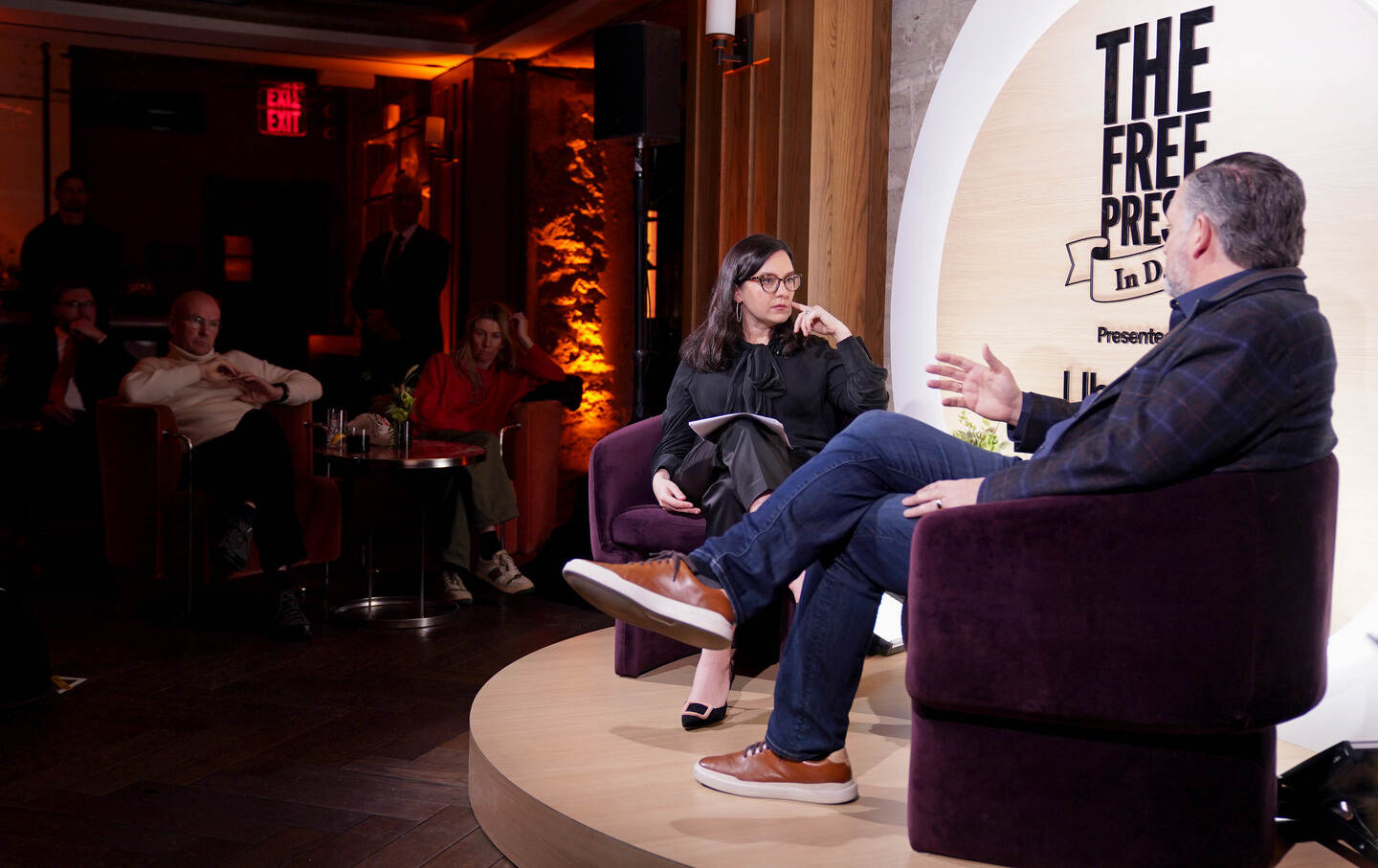
Across the United States, churches, synagogues, and mosques hold vast tracts of land—millions of acres, in fact. Yet, despite their potential for addressing the pressing issue of affordable housing, these religious institutions often face significant barriers when it comes to constructing homes on their properties. However, a new legislative initiative is aiming to change that. On Friday, bipartisan congressional lawmakers are set to unveil the Faith in Housing Act, a groundbreaking bill designed to exempt houses of worship from restrictive local zoning laws, thereby enabling them to build affordable housing.
The Faith in Housing Act seeks to leverage Congress’s authority over interstate commerce, supported by a federal statute that curtails local governments from unduly restricting how religious organizations can utilize their land. Sponsored by Representatives Scott Peters (D-CA) and Chuck Edwards (R-NC), the bill mandates that any new housing developed on religious properties primarily serves low-income families, while allowing a portion of units to be priced for moderate-income households earning up to 140 percent of the local median income. Of the housing units constructed, up to 5 percent could be reserved for staff and clergy, but the remainder must be accessible to all, regardless of religious affiliation.
As Peters highlighted, “It’s not going to generate hundreds of thousands of units, but it’s going to make the right statement.” He acknowledged the concerns surrounding local control—often framed as “community input” by progressives and “states’ rights” by conservatives—but emphasized that many communities, regardless of political affiliation, are struggling to provide adequate housing. The goal is to unite around shared values to address this crisis.
The Faith in Housing Act is part of a burgeoning national movement dubbed “Yes in God’s Backyard” or “YIGBY.” This initiative aims to capitalize on two troubling trends: an escalating shortage of affordable housing nationwide and a surplus of religious institutions grappling with financial difficulties and declining memberships. Many faith leaders see the YIGBY movement as an opportunity to fulfill their spiritual missions while simultaneously generating new revenue streams to support their operations. By helping to house vulnerable populations, they can better serve their communities and uphold their religious mandates.
The YIGBY movement first gained traction in San Diego when advocates focused on combating homelessness collaborated with local lawmakers in 2019 to simplify the process for churches to build housing without needing prior approval from local planning boards. This effort culminated in 2023 when California’s legislature passed the Affordable Housing on Faith Lands Act, which expanded San Diego’s model statewide. This legislation streamlined approval processes, effectively eliminating zoning and environmental hurdles that previously impeded housing development on church property. According to the Terner Center at UC Berkeley, over 47,000 acres owned by faith-based organizations in California could potentially be transformed into affordable housing.
Building upon this momentum, last year, Senator Sherrod Brown (D-OH) introduced the Yes in God’s Backyard Act in Congress to provide technical assistance and grants to religious institutions and local governments exploring this initiative. Although Brown lost his reelection bid, the federal bill was reintroduced earlier this month, now led by Senator Mark Warner (D-VA).
Despite the growing interest in YIGBY, many state-level efforts have faced challenges. Several states introduced their own YIGBY bills this year, but most encountered resistance from local governments wary of losing zoning authority. In Texas, the YIGBY proposal faced backlash due to its association with a controversial housing development plan proposed by a Muslim community. Conservative Republicans and Governor Greg Abbott distanced themselves from the project, branding it as an imposition of Sharia law, ultimately dooming the YIGBY initiative in the state.
Felicity Maxwell, executive director of Texans for Housing, expressed her disappointment over the failed YIGBY bill, yet she remains hopeful about the new federal legislation. She believes that national attention on the issue could compel resistant states to take action. “Federal preemption is a big deal,” Maxwell stated. “It may prompt states to resolve the issue locally to avoid federal intervention.”
As advocates prepare for the 2025 legislative session, they remain cautiously optimistic. The case for affordable housing has grown more urgent, and YIGBY coalitions have expanded in size and diversity. In Florida, lawmakers made strides by passing a bill permitting local governments to approve affordable housing on religious-owned land. However, the legislation fell short of its original goal of a statewide mandate, allowing localities to exercise discretion in approving projects.
Despite the setbacks faced by many states, advocates are determined to keep pushing. In Virginia, where YIGBY efforts faltered this year, advocates are gearing up for a renewed push in 2026, aiming for more comprehensive legislation akin to California’s model.
California’s YIGBY law, also known as SB 4, took effect in early 2024, but it remains to be seen how effective it will be in practice. Supporters point to some positive developments, such as the swift approval of a tiny home project by Bethel Presbyterian Community Church in San Leandro after years of bureaucratic hurdles.
However, challenges persist. Smaller churches often struggle to secure necessary funding, and philanthropic support has dwindled due to political pressures. Developers specializing in smaller projects are in short supply, further complicating efforts to utilize church-owned land for housing.
Despite these challenges, advocates, including Peters, remain resolute in their commitment to addressing the affordable housing crisis. “In my faith tradition, we remember that Jesus fed the hungry and housed the homeless,” he said. “This is a way for the faith community to demonstrate their values. This is what we value, this is what’s important.” The Faith in Housing Act represents a significant step toward harnessing the resources of religious institutions in the fight against housing insecurity, reaffirming the belief that faith and action can come together to create real change.


